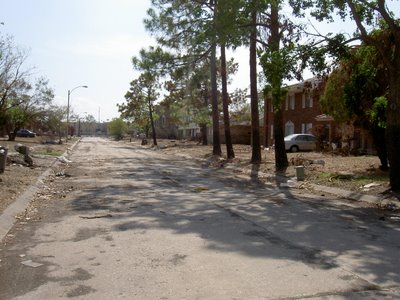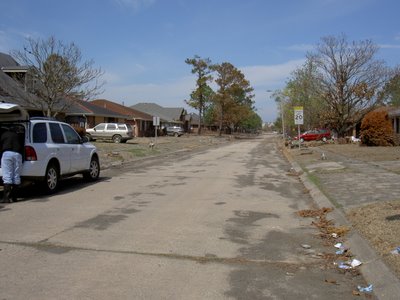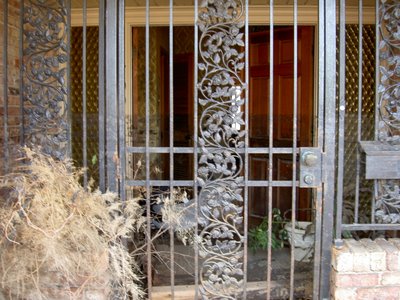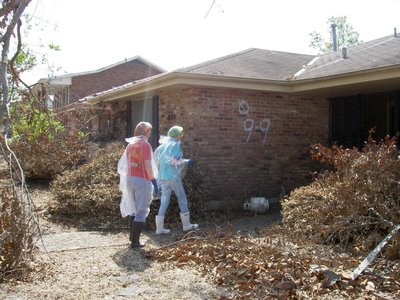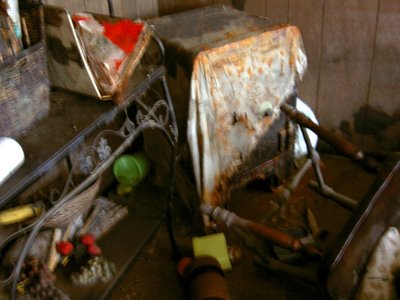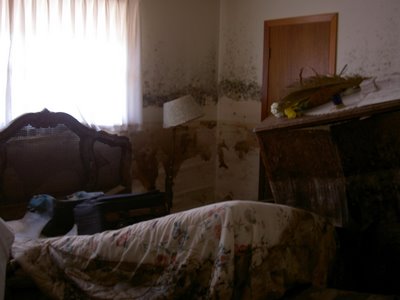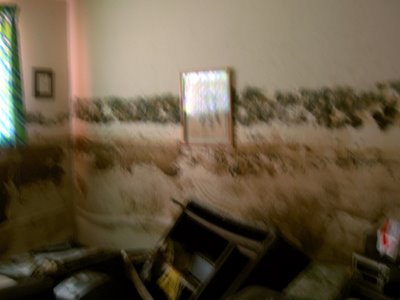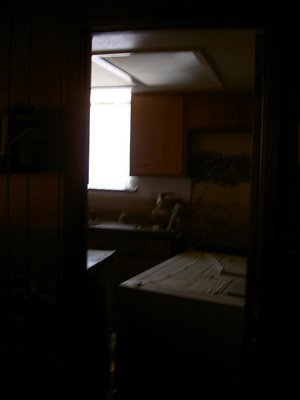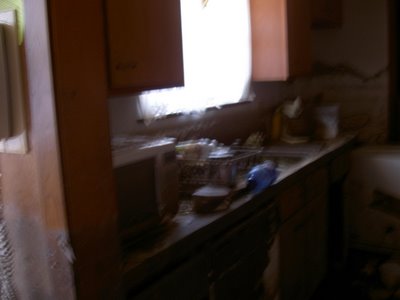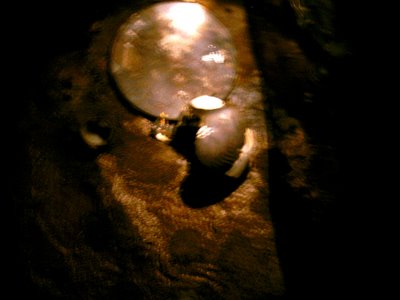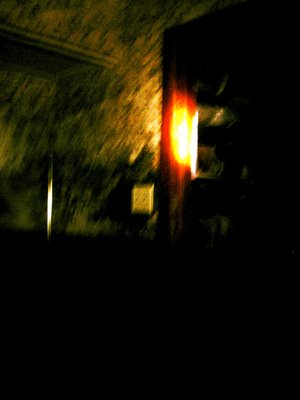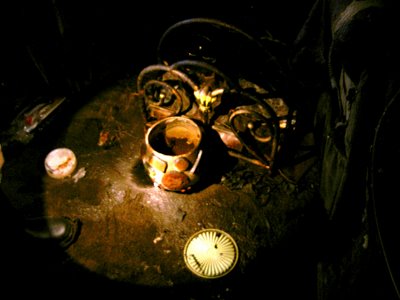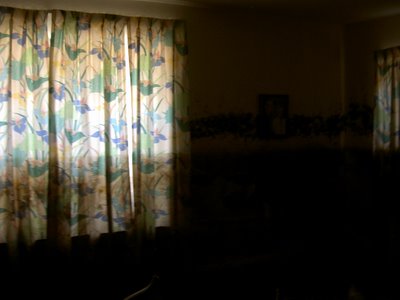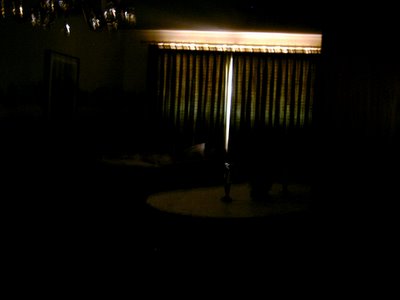In Memory of Raymond Edward Grainer
August 02, 1921 - July 15, 2005
---
Please keep the people of New Orleans in your thoughts and prayers. But more importantly, please encourage your congressional representatives to support doing the right thing for the people of New Orleans.
---
You can't go home again.
How many times have I heard this cliche? Its underlying truth is that life moves on and you have to move with it. You can't go back.
There's no place like home.
Another cliche. Another truth.
But I can't go home. There's no home to go to. Not a house, not a neighborhood, not a suburb, not a city.
Katrina washed away New Orleans and left an emptiness I don't know what to do with. I cry. I have anger. I have hope.
During the first weeks after Katrina passed, I watched news reports night after night, numb with shock and disbelief. My siblings and I -- none of us still lives in New Orleans -- scoured the Internet, searching Web sites, blogs and chat forums, hoping against hope that somehow the house had survived. We got on the phone and traded grid numbers on the maps, tried to make sense of what little there was to look at.
We didn't really need the grid numbers to know. It didn't matter what little blue-lined box we clicked on. It was underwater.
We moved into that house, in east New Orleans, in 1970. I was 8.
My oldest sister, married and with young children, and my grandmother's cousin, a bachelor, descended on that house every Sunday for the traditional family dinner. They shared it with me, my other sister, brother and grandmother -- we all lived there with my parents. Dad quipped every time, "Chicken every Sunday."
Sunday dinners, holidays, birthdays, celebrations, all centered around that dining room table. My favorite part came after supper, when we would gather around the table with coffee and dessert and talk and talk and talk.
We'll never sit there again.
The table was a victim of the capriciousness of the flood. It had been covered with a white lace tablecloth, set with silver candlestick holders and an antique vase. It floated across the room, past the upturned sofa and the submerged coffee table. When we saw it again, it was still set. Nothing had fallen over. The top was still white lace, surrounded by muck. The vase, a family heirloom, was still intact.
Those things are not important. Common wisdom has it that things can be replaced. And, after all, Mom was safe.
But I'm not sure I agree that things are unimportant.
There is no replacing three generations of family photographs. Or the 25 years of genealogical research my mom compiled. Or my grandmother's furniture from nearly a hundred years ago. Or the family recipes, many in my grandmothers' handwriting, books from my childhood, baby clothes and table linens made by my great-grandmothers, grandmothers and mother.
All of these connected us to the past. They had been touched and loved by those who came before and are gone, and they should have been passed on to future generations.
There was a rosebush on the side of the house, visible through the picture window of the breakfast room. It had been taken from New Orleans to Louisville and back to New Orleans. It was my grandmother's. She planted it. The next generation made sure it was kept close. It was supposed to go to children.
There was night-blooming jasmine and amaryllis and shrimp plants, old-fashioned varieties that had come from the 50-year-old garden at my Gentilly Terrace house in New Orleans, the first home my husband and I owned. We moved them to my mother's garden.
There were ginger lilies and day lilies and an assortment of tropical foliage that represented years of Mother's Day gifts from my sister.All drowned. The yard and gardens are a sickly yellow-brown.
Last year, I went back to see what was left of my childhood home.I stared at the water line on the house -- it topped out at about four feet -- and tried to imagine water around it. Then around every house in the neighborhood. Then around every neighborhood in the city. I can't imagine it. Despite the pictures, the news coverage, I still can't accept that reality.
This article is supposed to be about the loss of my childhood home -- the house. It's bad enough to lose the house. But Katrina swallowed everything. The house, the neighborhood, the schools I attended, the mall where I had my first job, the church where I was married, my favorite po'-boy restaurant, the coffeehouse where my best friend and I met every Wednesday night for years. It left nothing.
My son is 5 years old. He's been to New Orleans, seen what it used to be, but he was too young to remember much. I'll tell him what was. We'll visit again. But he'll never know the place where I grew up. A continuity of family history I thought would always be there is gone.
In the past six months I've discovered how much home is still in me. Who I am was sculpted out of New Orleans. There are a million little hurts that some days overwhelm me. But the richness of who I am and where I came from has been revealed to me in unexpected ways. Traditions and beliefs and values are remembered with fresh insight and appreciation. I will savor and guard the new insights, the fresh appreciation. These I can never lose, and these I can pass on to my son.
Gene Grainer Bailey

